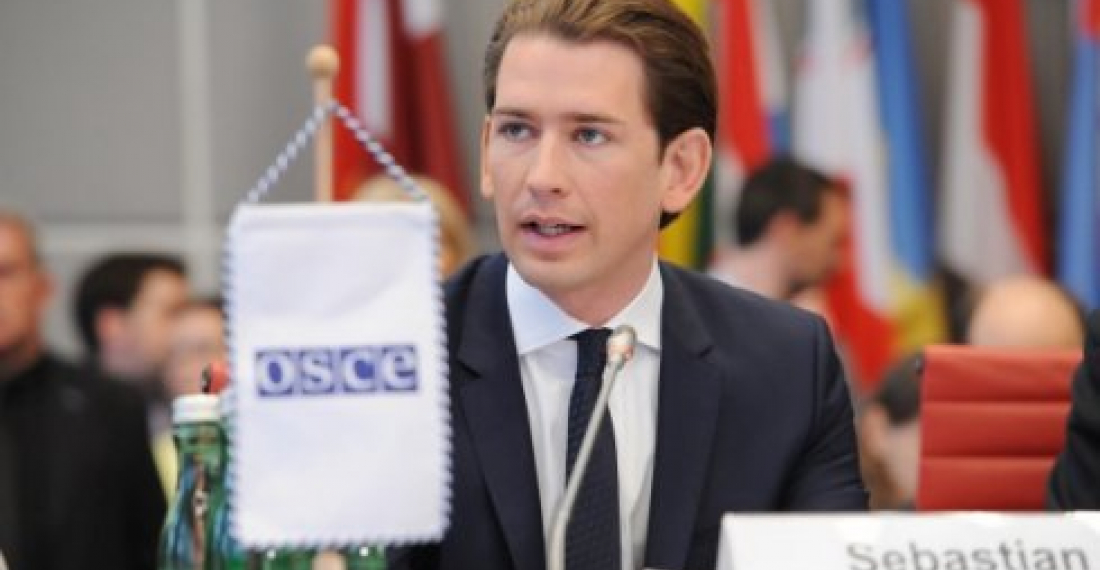Ukraine and Karabakh conflict in focus during the annual meeting, attended by diplomats and experts, currently taking place in the Austrian Capital.
Austrian Foreign Minister Sebastian Kurz on Tuesday (27 June) opened this year's Annual Security Review Conference organized by the OSCE Chairmanship-in-Office in Vienna with participants discussing current security challenges throughout the OSCE area. Austria currently holds the chairmanship of the organisation
The conference's sessions with high-level experts and diplomats will address a broad range of topics related to politico-military security in the OSCE.
Topics of the conference include the crisis in and around Ukraine, transnational threats, notably terrorism and cyber threats, the conflict cycle and conflict and crisis situations in the OSCE area as well as conventional arms control and confidence- and security-building measures.
Moreover, a special session will be devoted to the Structured Dialogue, a process that addresses challenges and risks in the wider politico-military sphere and explores possibilities of reversing the negative trends in the European security architecture.
In this morning's session discussions were dominated by the situation in Ukraine, with many speakers alos highlighting the current dangers around the nagorno-Karabakh conflict.
On Ukraine Russian diplomats came under pressure in presentations made by the United States, the European Union, NATO, and the delegation of Ukraine itself, all reiterating that the annexation of crimea by Russia remains unacceptable. All delegations however recommitted to the importance of dialogue to resolve current problems.
Delegations from Armenia and Azerbaijan are also participating in the conference. The issue of nagorno-Karabakh was also mentioned by practically all delegations who took the floor in the morning opening session. Participating states and international organisations reaffirmed their support for the efforts of the OSCE Minsk Group. there were also interventions by the delegations of Armenia and Azerbaijan.
The conference will continue until Thursday.
source: commonspace.eu
photo: Austrian Foreign Minister and current Chairman in office of the OSCE Sebastian Kurz (archive picture)






